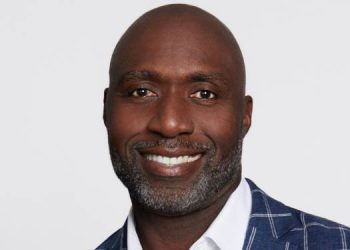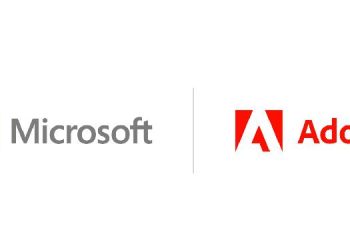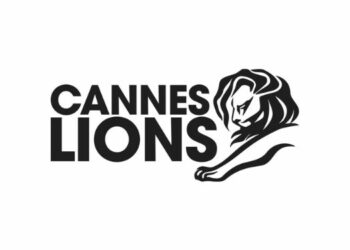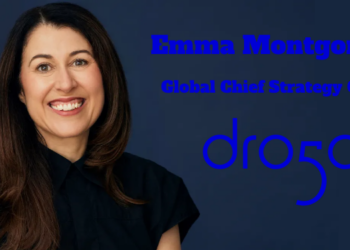
Sony Pictures reversed course Tuesday and said it would release “The Interview” on Christmas Day, though only a small number of theaters signed on to show the controversial farce amid fears of reprisals from a group of hackers and frustration with the studio’s quick-changing distribution strategy.
The studio’s decision to release the film—and to try to distribute it via video-on-demand—came just six days after the Sony Corp. unit said it was canceling the film’s release, following a devastating cyberattack that the U.S. blames on North Korea. President Barack Obama , who had criticized the studio for pulling the film, welcomed Tuesday’s move.
The biggest U.S. movie chains weren’t expected to show the movie, which features a pair of television journalists asked by the Central Intelligence Agency to assassinate North Korean leader Kim Jong Un. The studio was also scrambling Tuesday to secure a video-on-demand partner that would simultaneously make the film available.
Now, a $44 million movie originally set for nationwide release will play on approximately 200 screens in smaller theaters that typically show niche art-house fare.
The studio called the limited opening “only the first step” in the movie’s release plans, and has indicated to theaters it plans to show the film via video-on-demand, also starting on Dec. 25, according to a person familiar with the matter—a so-called “day and date” arrangement that thrusts the beleaguered studio into yet another debate with its theatrical partners. Many theaters contend such arrangements eat into their ticket sales.
Theaters had to decide quickly whether to show “The Interview,” since Sony needed to ship a hard drive containing the film by Tuesday afternoon in order to get it to theaters in time. The studio told film buyers that all participating theaters will be made known to the Federal Bureau of Investigation.
The soft launch is a bit of an anticlimax to a tumultuous week unlike any in modern Hollywood. It began last Tuesday, when a group purporting to be hackers who have targeted the studio in recent weeks issued a vaguely worded threat of terrorist attacks at theaters that played the movie.
Soon after, Sony told theaters it would understand if they didn’t want to show the movie. After the nation’s four largest chains took Sony up on that offer, the studio cancelled the release altogether—a decision criticized as a blow to free expression by several in Hollywood’s creative community and even by Mr. Obama.
Sony Pictures will now screen “The Interview” in a limited number of theaters on Dec. 25. WSJ’s Erich Schwartzel reports.
Sony Entertainment Chief Executive Michael Lynton tried to win back that support Tuesday, saying in a statement that releasing the movie was a rebuke to the hackers.
“We are proud to make it available to the public and to have stood up to those who attempted to suppress free speech,” he said.
Over the past week, Sony executives tried to line up a distribution channel, but were coming up short as potential partners were reluctant to touch the controversial film for fear of drawing the attention of the hackers, who had warned against distributing it through any means.
People close to DirecTV, Comcast Corp. and InDemand, a consortium that buys movies on behalf of many cable TV operators, said on Tuesday that they weren’t interested in offering “The Interview” through their video-on-demand services.
Verizon Communications Inc. and Apple Inc. declined to comment. AT&T Inc. didn’t respond immediately to a request for comment. Amazon.com Inc. didn’t respond to requests for comment.
Typically, studios receive about 60% to 70% of revenue from movies released through cable video on demand, which lets users rent films through their cable boxes. Cable operators receive 30% to 40%. Assuming Sony finds a partner to release “The Interview” via video on demand, it’s unclear how much the arrangement could be worth, since the final tally depends on sales.
The limited theatrical release should help Sony earn some box-office returns—and analysts Tuesday said the theaters showing the film should expect strong business—but it’s clearly not the financial plan the studio had for the film. The movie cost $44 million to make, and tens of millions more to market for release on thousands of screens.
Independent theaters across the country from Los Angeles to Austin to Pittsburgh said they’d be playing the film. Over the past week, several smaller operators have urged Sony to screen the film in defiance of the hackers’ demand that it not release the movie.
The “day-and-date” home-video strategy has further alienated the country’s largest exhibitors, who typically refuse to screen a film that’s not given an exclusive theatrical window. Sony strained relations with theaters over its handling of the crisis this past week; many executives feel the studio tried to pass the blame to them for cancelling the film, by saying theaters refused to play it so Sony had no choice.
Over the past several years, Hollywood studios have urged exhibitors to experiment more with release “windows,” but the country’s leading circuits have held fast to an arrangement that gives them a months-long period of exclusivity after they open, before moving on to DVD, video-on-demand rental and pay-television channels such as HBO.
One film buyer who places movies in cinemas said his clients worried about “The Interview’s” release strategy being a “Trojan horse” that ushers in more simultaneous release schedules. “If it succeeds hugely on both formats, you’ve shown something that nobody wants to talk about.”
Other exhibition executives said the “Interview” situation is so unusual that it was unlikely to serve as a precedent.
Sony has its own streaming service called Crackle, but didn’t want to use it to show the movie since it offers movies for free, with advertising, rather than charging viewers, which is generally a more lucrative arrangement.
And Crackle hasn’t ever dealt with a data load of the size that “The Interview” is expected to entail, according to a person familiar with the matter.
Before the controversy, “The Interview” was on track to gross about $25 million in its opening weekend in the U.S. and Canada, according to early prerelease surveys—a healthy start for the modestly budgeted comedy.

















